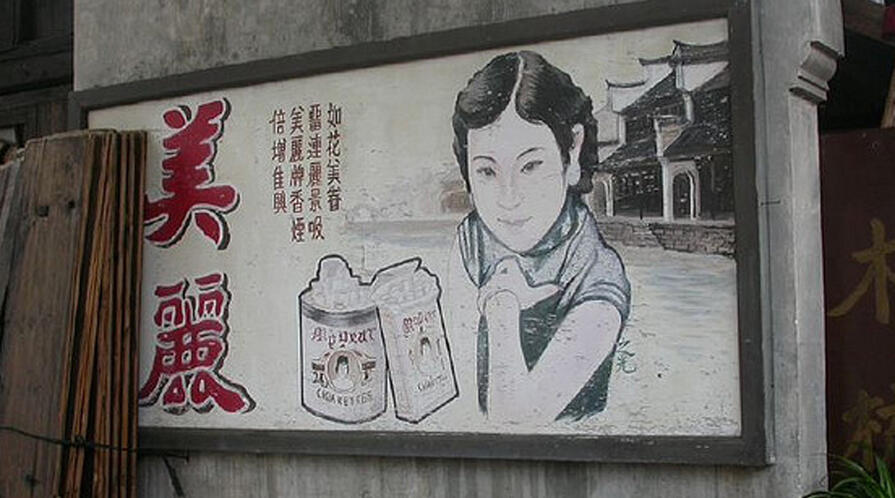 When Siyan Yi was a medical student in Cambodia 12 years ago, he volunteered with a collaborative government-NGO project to provide young women at high risk for HIV/AIDS—the victims of sexual exploitation—with housing, vocational training, medical care, and psychological support. Cambodia at that time had one of Asia’s highest HIV-infection rates.
When Siyan Yi was a medical student in Cambodia 12 years ago, he volunteered with a collaborative government-NGO project to provide young women at high risk for HIV/AIDS—the victims of sexual exploitation—with housing, vocational training, medical care, and psychological support. Cambodia at that time had one of Asia’s highest HIV-infection rates.
That rate has dropped by half, thanks to government policy measures, international NGO support, and the efforts of medical professionals like Yi. Cambodia’s government must now find ways to curb HIV infection in new segments of the population, says Yi, who is the Shorenstein Asia-Pacific Research Center’s inaugural Developing Asia Health Policy Fellow. Sustaining funding for the long-term care of HIV-infected individuals also poses a future challenge, he explains, and new health issues associated with development are beginning to crop up.
Cambodia’s first HIV case was detected in 1991 in a blood donor, and the rate of HIV/AIDS increased dramatically throughout the decade. HIV/AIDS hit Thailand slightly earlier, and was spread through the commercial sex trade. The epidemic reached an even greater scale there than it ever did in Cambodia.
Thailand’s government struck back with a 100-percent condom use promotion program, which Cambodia successfully adopted in the late 1990s. Brothels are illegal in Cambodia, but the government worked cooperatively with owners to provide basic HIV/AIDS education to sex workers. These efforts significantly reduced the transmission of HIV.
Since then, a more indirect form of prostitution has sprung up in places such as karaoke halls, massage parlors, restaurants, and even in factories. HIV prevalence remains high among some sentinel groups such as female sex workers, beer promoters, men who have sex with men (MSM), injected-drug users, and migrant workers.
Yi advocates that the government expand the scope of its HIV/AIDS prevention programs to encompass these new at-risk populations. He even suggests that the government consider creating a system of licensed brothels such as previously existed in Hong Kong and Taiwan. “It would provide the government with an easier means of controlling prostitution, and allow it to work with brothel owners to control HIV-infection rates,” states Yi.
HIV increases the risk of contracting or developing symptoms of tuberculosis; a large proportion of Cambodia’s population carries the disease but shows no signs of it. Tuberculosis went largely undetected during the decades of the Khmer Rouge regime, but with the advent of HIV/AIDS it has become more prevalent. Yi has been involved in government-NGO projects to provide tuberculosis screening for HIV patients, including a tuberculosis control project with the Japan International Cooperation Agency.
Tuberculosis screening and HIV treatment advances may greatly prolong the life—and even improve the health—of patients. But heartening as Cambodia’s success against HIV/AIDS has proven in the past decade, the government largely bears the responsibility for funding the expensive treatment and care for the low-income individuals most affected by it. A critical portion of government funding for its HIV/AIDS prevention programs comes from external organizations.
“I think that the main issue for the government of Cambodia in the battle against HIV and AIDS is financial sustainability,” says Yi, who worries that donor agencies will withdraw support as the HIV-infection rate continues to improve. Prevention is less expensive, he explains, but long-term care is costly to a developing country such as Cambodia.
Yi, however, feels less concerned now about the HIV/AIDS epidemic and speaks hopefully of working to help the government find ways to measure and treat non-communicable diseases associated with economic development, such as diabetes and hypertension. While he is at Stanford, he will collaborate with Asia Health Policy Program researchers to move his work toward solving Cambodia’s new health challenges.
Inaugurated in 2011, the Siyan Yi is designed to bring leading health policy experts from low-income Asian countries to Stanford for three to 12 months. Fellows will work on conceptualizing and launching collaborative research on a topic of importance for health policy in their country. Details about the 2011–12 application will become available during Winter Quarter 2012.





 When
When 